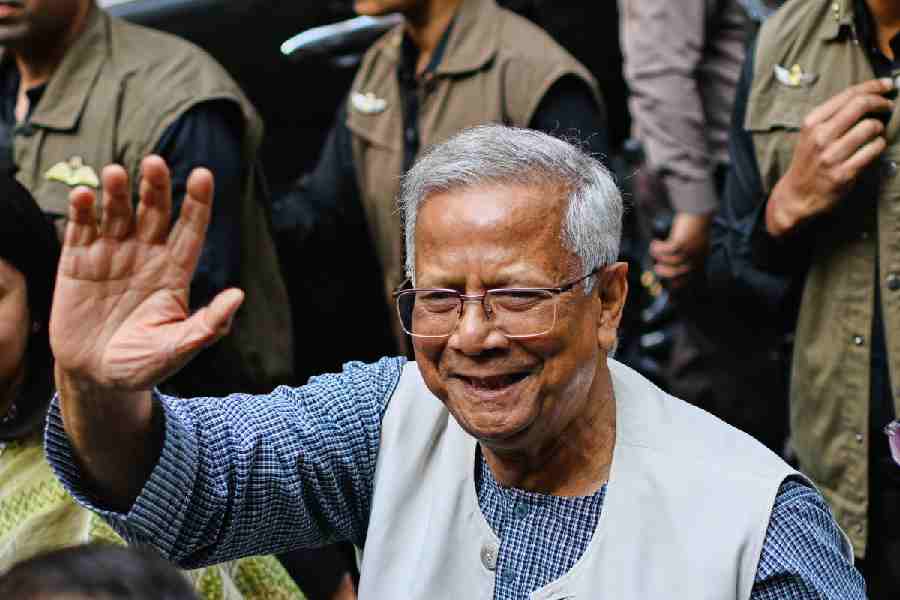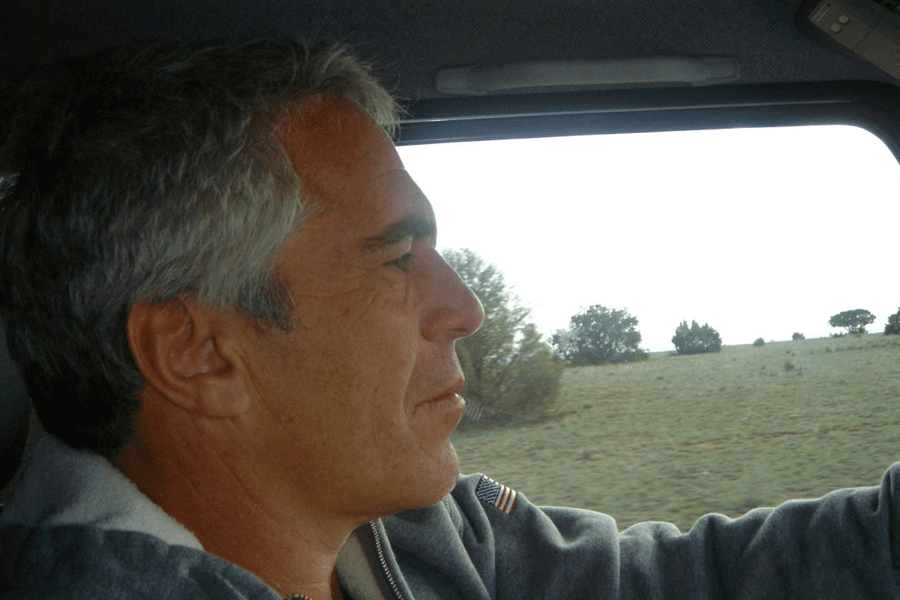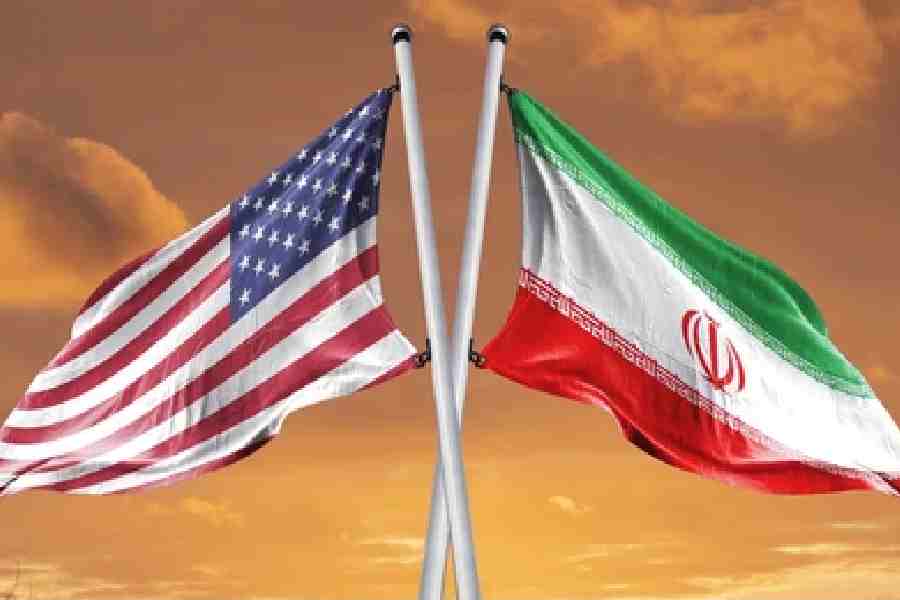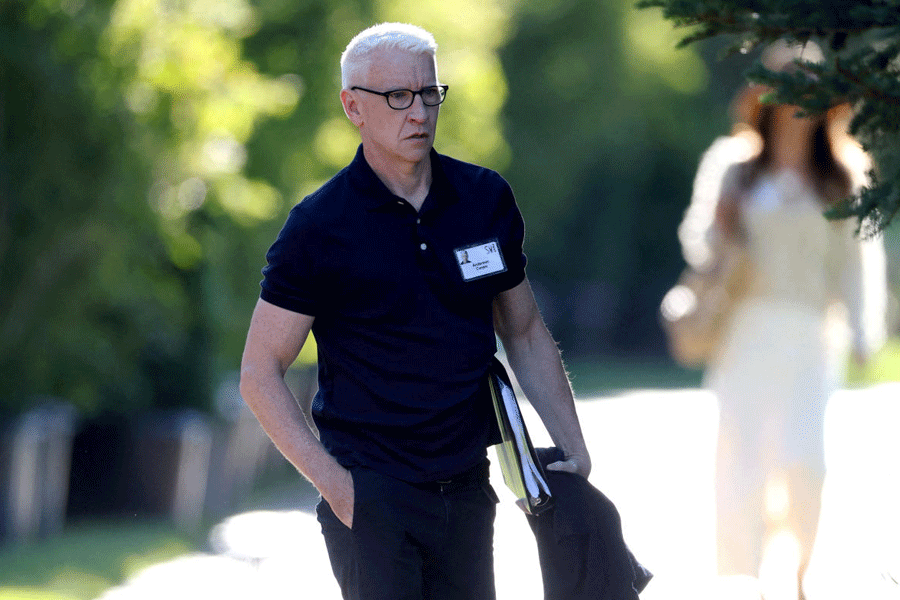Donald Trump had begun his new chapter of the presidency with several controversial cabinet choices, including those embroiled in allegations of sexual misconduct (Matt Gaetz and Pete Hegseth), or with past hostility towards departments they are to lead (R.F. Kennedy Jr), and by publicly offering to purchase Greenland, among other maverick acts. Such typical non-conformist moves by the disruptive politician are a reminder that his election to the presidency is proof of how desperate the United States of America has been for a shake-up of Washington’s business-as-usual attitude.
The vote for Trump and his Republican Party has largely been seen as a vote for the overhaul of a price rise-ridden economy and an overcrowded immigration system. But it also draws from an intensifying desire for changing the look of and the feel about Washington D.C. The Pew Research Center’s compilation of Americans’ opinions of government shows that trust in the government reached an all-time high since the 1960s in October 2001, post 9/11, with 60% of Americans saying that they trust the government. But the figure fell by a record 22 percentage points the following year and stayed put through the rest of the George Bush years characterised by the Iraq war, aggressive national security measures, Guantánamo Bay violations, and the 2008 financial crisis. The percentage has remained in the 20%-25% range since then.
The historic 2008 presidential election brought a promise of change that Barack Obama is often criticised for not implementing. Beginning with the Dodd-Frank Reforms Act passing strictly along party lines despite Obama’s famous outreach to Republican legislators to the historic optics of the Deepwater Horizon oil leak, NSA surveillance, and open, intra-party disputes — people saw all these as Washington being Washington and Big Industry getting its way. Overall trust in government fell, as per Pew Research, to 27% and 5%, respectively, among Democrats and Republicans.
Polarising ideologies that courted the pending hunger for change have since frustrated the US citizenry and public institutions. The faith in scientific institutions has fallen, given the messy debates on Covid and climate change. Educational institutions remain mired in high costs, campus protests and politicised curricula. The mistrust was reflected in a 2022 Gallup poll, which found historically low confidence in public institutions and a decline from the previous year for 11 out of 16 major institutions, including the US Supreme Court for which the public’s confidence reached its lowest-ever level over issues like abortion rights.
Change may promise to be comprehensive. But be it a sweeping jobs stimulus or the pandemic recovery package, it seems to leave much unfixed. With an infamously biased media that seems to fall one way or the other of the political divide, the
bickering among political parties is forever highlighted while conflicting reports and insinuations at every turn further feed the public belief in the hypocrisy and the
callousness of the State, a leader, or a party. The failure of action to fix an issue is
seen as a failure of values. That is perhaps why America is now trying to endorse hard-headedness over unitary values. Today, the US is thus prone to assess change-makers not by effectiveness of argument but optics and strength. It trusts not nuance but caricature, not policy but common sense, not experience and eloquence but abrasiveness.
Americans are desperate to see unprecedented action on the issues that matter to them. Many will argue that the balance between policy rationale and the required optics of change is impossible to attain. But a more politically experienced Trump does seem well-suited to make the attempt. His bizarre moves may be ringing alarm bells around the world. But Americans, convinced of government wastefulness and inefficiency, are now more accepting of his style of functioning. One thing is for certain — America’s severe dissatisfaction with status quo is not new; it has simply been repackaged.
Ved Mehta is a civil society practitioner and entrepreneur writing on socio-political affairs










